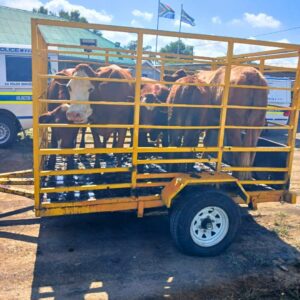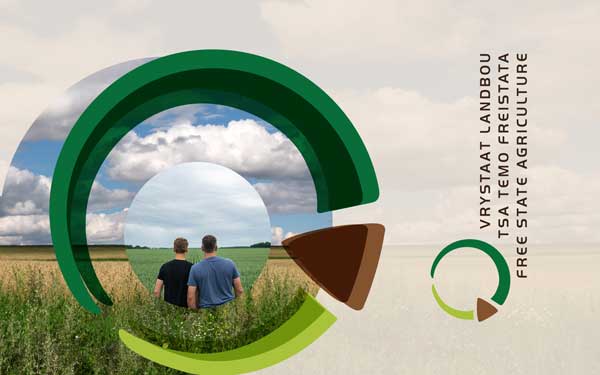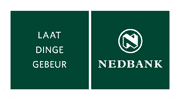


16 October 2019
“The crux of the revised Rural Safety Strategy (RSS) is to have safer agricultural communities, but this can only happen if everyone is involved and has an attitude of cooperation.” This is according to Jakkals le Roux, Chairman of Free State Agriculture’s (FSA) Rural Safety Committee.
The revised RSS places a greater emphasis on cooperation and therefore FSA urges all role players to actively participate in combating crime. Le Roux says everyone highlighted by the strategy needs to work with organized agriculture, the South African Police Service (SAPS), the South African National Defence Force (SANDF) and other departments so that a “joint community approach” can be followed.
FSA welcomes the RSS and requests the SAPS to adhere to the specific timelines for its implementation and evaluation. Training workshops, between the SAPS, SANDF, organized agriculture and other role players, must also be held at district level to ensure its implementation.
The revised RSS, which contains a lot of changes, was launched in Makhado on 11 October 2019 by Bheki Cele, Minister of Police, and Gen. Khehla Sitole, National Police Commissioner. This strategy, which previously had four focus areas, is now based on eight pillars.
Four additional focus areas
The first of four additional focus areas is to increase community engagement and cooperation of role players to mobilize communities against crime. This includes the creation of privately supported technology aids provided by private or public partnerships.
Secondly, to improve and expand government systems and legislation that negatively impact crime and safety. Furthermore, to implement an analysis process on organized crime threats that should link groups and syndicates involved in rural crime and lastly to monitor the rollout of the RSS quarterly, evaluate it every three years and review it every five years.
Monitoring and implementation important
Le Roux believes it is important that the RSS is monitored at all levels of cooperation and this is where timelines are important. “This means that there should be a substantial improvement in capacity, manpower and equipment within a year or two.”
It should also not just be a theoretical document. “Actual implementation must take place, which includes the implementation of short and medium term strategies.”
Greater cooperation at meetings of, for example, the priority committee is important and better relationships must be built between everyone. “There must also be closer contact and liaison with the SAPS at all levels, which includes ground, district, provincial and national level,” says Le Roux.
The revised RSS also stipulates that various other aspects should be addressed according to timelines, specifically by March 2021.
These include working studies to establish rural safety units, expand the capacity of existing stock theft units and crime intelligence should play a greater role in establishing links on organized crime.
The focus of property crimes should be extended to theft of farm implements and products and the illegal hunting with dogs should be addressed.
The SAPS’s capacity, manpower and resources must be prioritized and private security companies and civil rights organizations included. Furthermore, quick response teams and strengthening of border operations are also a priority.
Legislation such as the national Pounds act, which the implementation of has been lagging for years, must also be finalized.










Ⓒ 2024 Vrystaat Landbou All rights reserved | Website by BrandNew